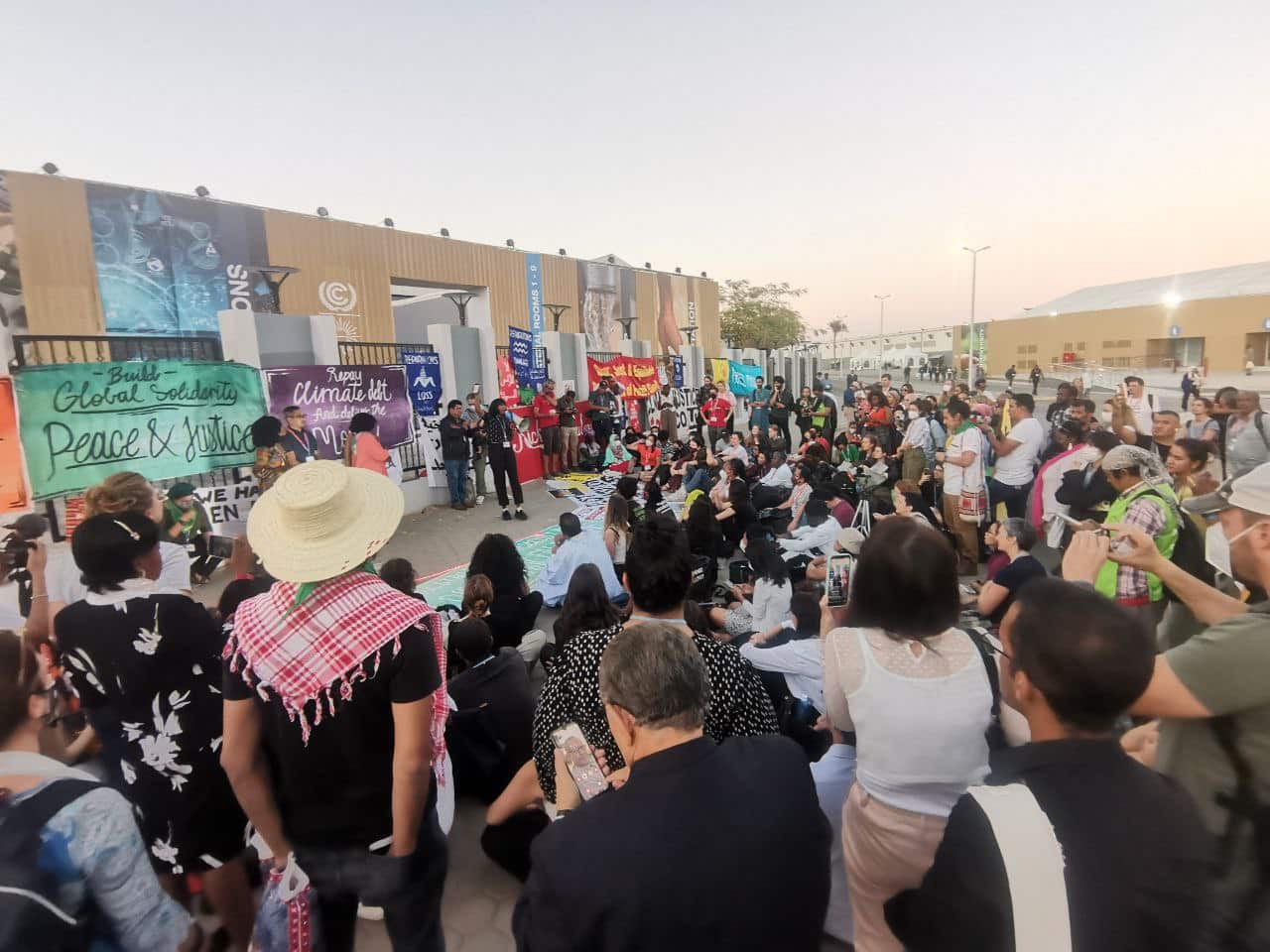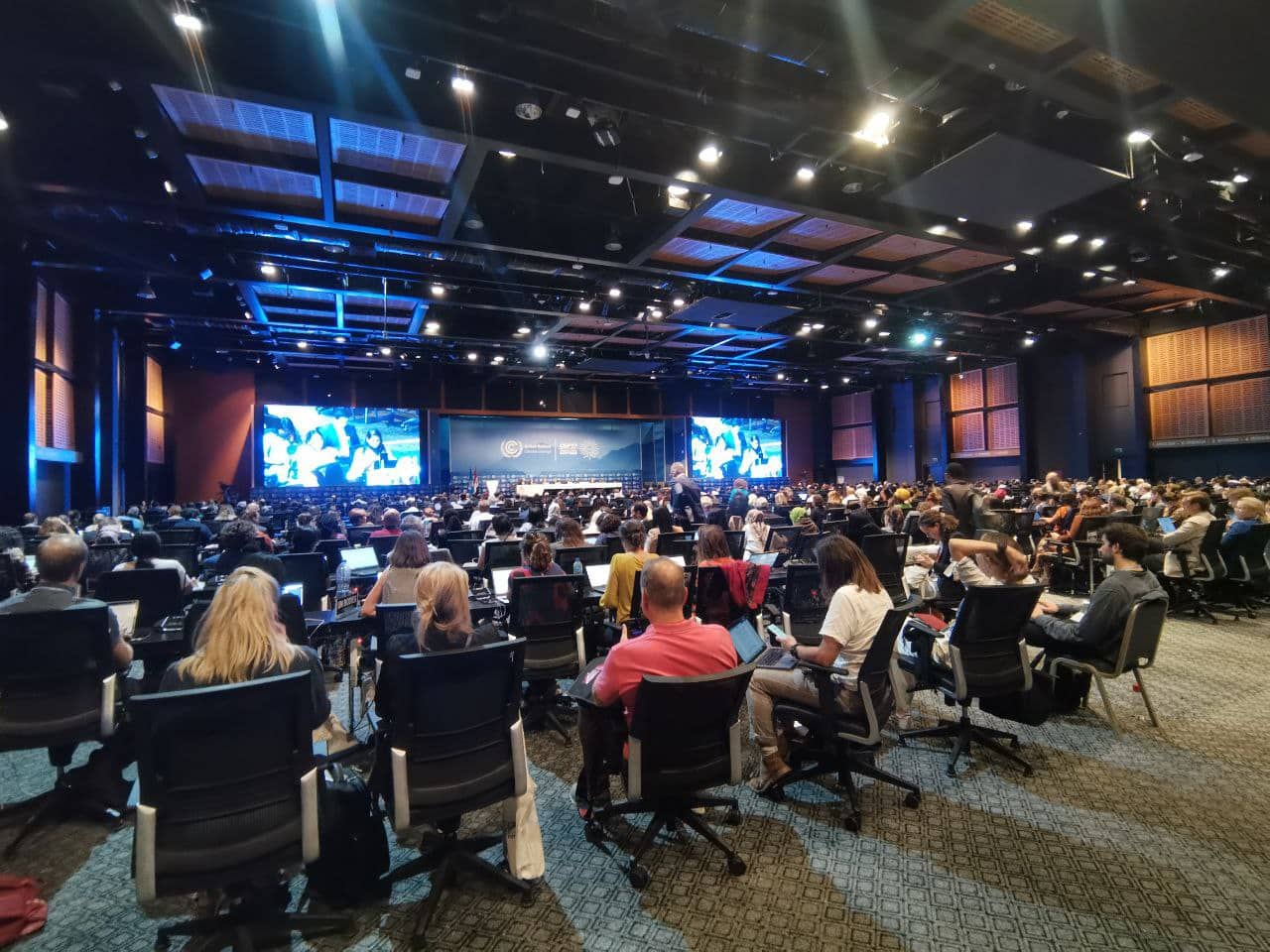Climate change and the socio-environmental crisis pose an existential threat to humanity. The roles of individuals, communities, and advocacy organizations are vital to searching for and developing solutions. All modern environmental declarations, from Rio de Janeiro in 1992 to the most recent Inter-American agreement of Escazú, agree on this and acknowledge the struggles, resistance, and dialogues in the jungles, mountains, towns, and cities of Latin America and the world.
Despite these affirmations being included in agreements and campaign promises, the omissions and attacks against people and territories continue to raise challenges that have not been overcome. The current development model is insufficient if we want to live, today and tomorrow, with dignity. That is why questioning the status quo, the promotion of human rights, and the protection of the environment are more important than ever, even more so when we see how the supposed commitments to solutions continue to come only from the pulpits of ministers, presidents, and global CEOs and are accompanied by announcements of mega-projects for tens of millions of dollars in investments that do not respect the rights of the people.
These are projects that promise solutions to the problems of “backwardness,” “unemployment,” and now “climate change,” but are made from ivory towers by those who do not listen to, nor know, the communities, their territories, or their needs. Then, when the implementations of the projects fail, they come with batons and tanks, and if the resistance persists, the military or paramilitary arrive to clean the territory for the “common good” and “development.”
In this context, the only alternative for those of us working in the communities is to build networks, question what is happening, and always raise our voices. For Tsikini, this is a foundational idea. That is why we seek to be part of coalitions, make alliances, and participate in all the discussion spaces within our reach: local, national and international. Examples of the partnerships we have forged are the Climate Action Network and Environmental Law Alliance Worldwide, which have been fundamental to reach spaces such as UN conferences, adding to our local processes, and allowing us to sit at the table with big capital and states.

Credit: Eduardo Mosqueda
We did preparatory work before we participated in the COP that allowed us to arrive with clear objectives and with the experience to back up our proposals. Before the conference, we analyzed our organization’s challenges and defined how the COP could offer us opportunities to promote solutions. For example, we met with UN special rapporteurs, with Soledad García Muñoz, Special Rapporteur on Economic, Social, Cultural and Environmental Rights, and attended a bilateral meeting with the Mexican representatives at COP 27. During the conference, we also forged collaborations for special communications and precautionary measures in the areas of social, environmental, and climate justice.

Credit: Eduardo Mosqueda
It was essential for us to participate in the panel on the recognition of the inherent rights of nature as a universal paradigm in defense of Mother Earth. There we were able to exchange ideas with great exponents and allies such as Atossa Soltani from the International Tribunal for the Rights of Nature, Patricia Gualinga from the Kichwa Sarayaku Community, who presented her case of Ecuador, and Christina Voigt from the International Union for the Conservation of Nature. We agreed that the recognition of the rights of living nature is necessary to achieve its conservation, as well as for the mitigation of and adaptation to climate change.
Also, participating in the COP allowed us to learn firsthand about successful campaigns in other countries. Particularly valuable for the work we do in Tsikini was a panel on the recognition of quality air as a human right. There, the experiences of Asian countries showed us a clear path that has led to substantial improvements over the past ten years. These are lessons that we can apply to our increasingly opaque skies.
At COP 27, in addition to alliances, we made many friends, which will undoubtedly help us meet our organization’s objectives, such as international visibility, coordination with other organizations and institutions, and learning from best practices. At this conference, we confirmed that it is essential to continue working hand-in-hand with other grassroots organizations and defenders with whom we share a vision. This is how we can reach the best of all possible worlds, recognizing ourselves as part of a global community but building from the local level.
Until dignity becomes the norm.
Eduardo Mosqueda
Executive Director, Tsikini (CRE collaborator)
